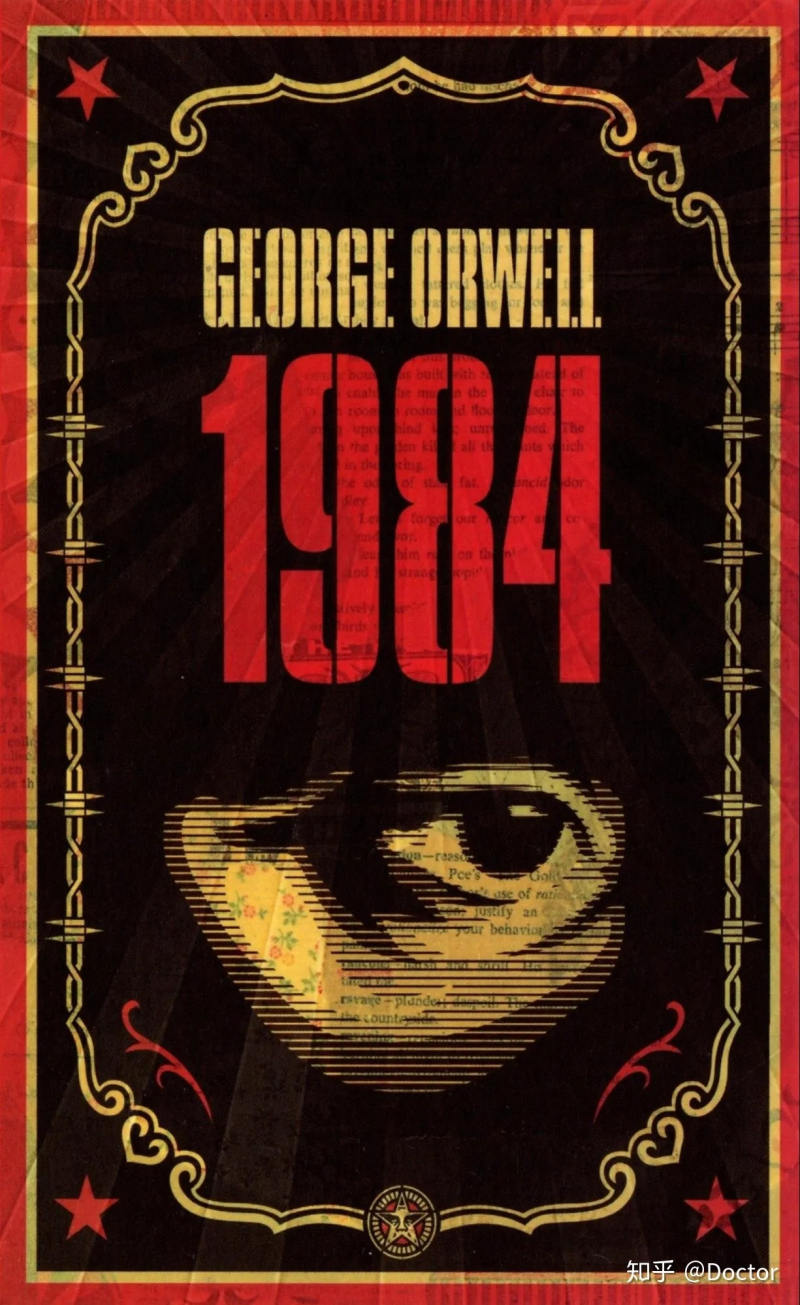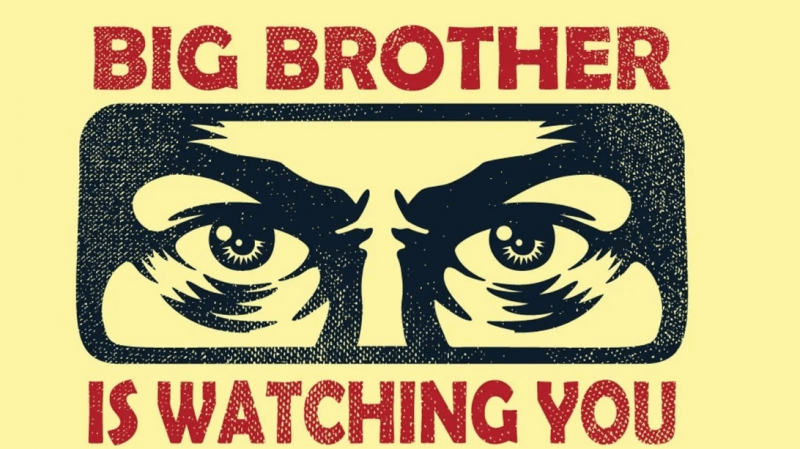Analysis of Orwell's Use of Propaganda in '1984'
Topic: Analysis of Orwell's Use of Propaganda in '1984.'
In George Orwell's "1984," propaganda is a powerful tool employed by the Party to control the population. This essay explores three key aspects of Orwell's use of propaganda: the distortion of reality through language, the creation of a false sense of patriotism, and the manipulation of historical narratives.
Orwell vividly portrays the distortion of reality through language, exemplified by the Party's use of Newspeak. Newspeak is a linguistic tool designed to eliminate words that could be used for subversive thoughts. By restricting language, the Party limits the range of expressible ideas. Therefore, it is challenging for individuals to contemplate rebellion. The concept of doublethink, where contradictory beliefs coexist, is another linguistic manipulation. For instance, the Party's slogan, "War is Peace, Freedom is Slavery, Ignorance is Strength," controls the narrative and manipulates citizens' perceptions.
The creation of a false sense of patriotism is another significant aspect of Orwell's exploration of propaganda. The Party manipulates symbols such as the Party emblem and the concept of Big Brother. They aim to instill loyalty and devotion among citizens. The Two Minutes Hate serves as a theatrical display of orchestrated emotions. It directed citizens' anger and hatred toward a common enemy, further solidifying their allegiance to the Party. This orchestrated patriotism not only reinforces conformity but also suppresses dissent.
Orwell underscores the manipulation of historical narratives as a potent tool for propaganda. The Party's control over historical records allows it to shape and reshape the past. Thereby, it controls the present and future. The character Winston's job at the Ministry of Truth involves altering historical documents to align with the Party's current narrative. This manipulation of history erases dissent, dissenters, and any evidence contradicting the Party's version of events. The absence of an objective historical record leaves citizens without the means to challenge the Party's authority.
In conclusion, Orwell's "1984" masterfully explores the insidious nature of propaganda through the distortion of language, the creation of false patriotism, and the manipulation of historical narratives. The Party's control over information is a central theme, illustrating the impact propaganda can have on shaping individuals' perceptions.
Reference
- Orwell, G. (1949). 1984.














